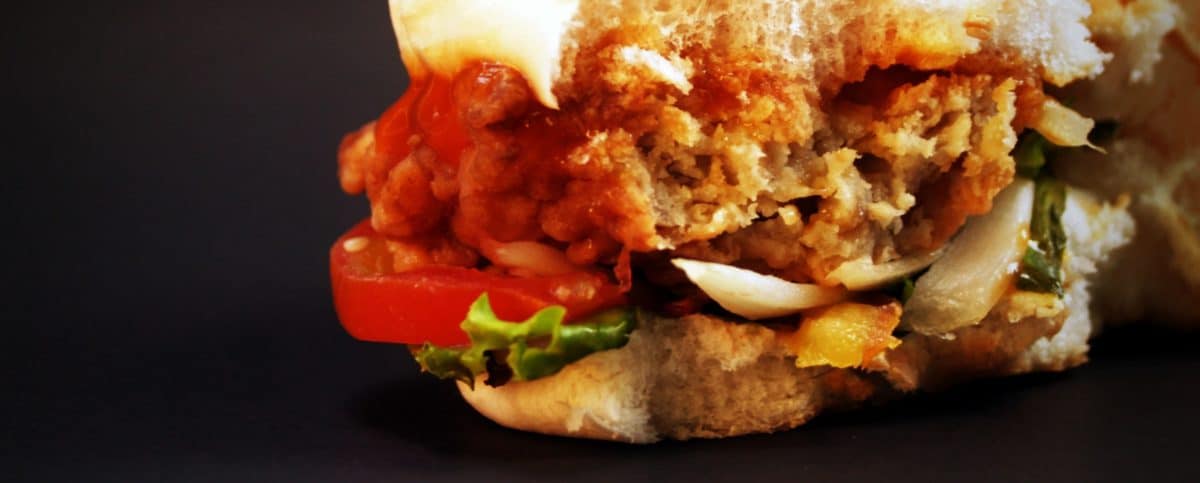We have been watching with interest a growing controversy. A few weeks ago, as you will recall, the President of Chik-fil-A, Dan Cathy, publicly stated his opposition to same-sex marriage. Since then, nationwide polling has shown that Chick-fil-A’s popularity has taken a 40% dive.
It has long been known that Chik-fil-A was a family-owned company led by a very devout fundamental Christian who was not in favor of same-sex marriage. Many in the LGBT community were already opting for other establishments rather than give their money where they believed they were not truly welcome.
It is interesting and somewhat concerning then, to see the direction that Mr. Cathy’s comments have taken.
Just this past week we learned that the mayors of three separate cities—Boston, Chicago, and San Francisco—are considering enacting some type of ban on Chik-fil-A. They have universally condemned the statements by Mr. Cathy and are seeking to deny business licenses to the company. These sentiments have just recently been amplified by Mayor Vincent Gray of Washington DC as he referred to it as “hate chicken.” It’s likely that these shows of bravado are only intended to draw attention to the issue, rather than be taken as serious intentions, but let’s consider them serious for the moment.
So here is where we come to the crux of this discussion.
First, let us say, unequivocally, that the Alliance for a Better UTAH is in favor of equal rights for same-sex Americans and w e support all the benefits, access, and protections that come with that.
We also support the first amendment to the United States Constitution. It states, in part:
Congress shall make no law respecting an establishment of religion, or prohibiting the free exercise thereof; or abridging the freedom of speech.
How does one reconcile those two beliefs? And further, how does a government entity reconcile the growing support for LGBT protections against the 1st Amendment rights of ALL their citizens?
Should a city attempt to ban a business from operating because of the opinion of its owner? Is it even legal for them to do so?
In this instance, mayors and many in the public, are standing up for what is being seen as the new civil rights movement. We applaud their support and their solidarity behind their LGBT citizens. It is not the statement of the support but the method we find concerning.
If Chik-fil-A refuses to hire LGBT employees and to do so is against the laws and ordinances of the city or state in which they operate, that may provide an avenue for governmental action. However, to attempt to deny any company the right to do business because they have a different view on a very volatile issue is, at the very least, ill-advised.
The first amendment guarantees Mr. Cathy the right to say that he is not in favor of same-sex marriage. We head down a very dangerous road when we attempt to find ways to circumvent that right. It is certainly easy and justifiable to find words of hate and intolerance unpalatable but if we want those same rights for ourselves, it is imperative that we preserve them for others—even, or perhaps, especially, when we disagree with what they say.
Despite this outpouring of support for the LGBT communities in these cities, it is important to note that there are many other cities where LGBT citizens do not feel so welcome. There are likely cities where LGBT entrepreneurs have seen attempts to thwart their ability to do business. Should these bans on Chik-fil-A prove legal, we will no doubt see other types of businesses adversely affected.
LGBT Americans and their allies are right to launch a national boycott of the chain. Allow Mr. Cathy his first amendment rights while exercising their own right to say that they disagree and will not support his business. As consumers in a consumer-driven society, we have the right to purchase our lunch at any restaurant we choose. We can support businesses that have the same belief system as we do just as we have the right to avoid businesses we do not agree with, while still preserving each individual’s constitutional rights.
Some would have us believe that to openly state opposition to eating at Chik-fil-A is somehow a more, or certainly a worse, position of intolerance than Mr. Cathy’s statements. But the fact remains that a boycott, no matter how organized it may be, is at its core nothing more than a louder and more well-planned method of exerting first amendment rights.
There are many ways to tell Mr. Cathy you disagree with his views. Holding business licenses hostage, because of those views, should not be one of them. But choosing, as an informed consumer, to purchase your grilled chicken sandwich elsewhere, is choosing to have your lunch with a side dish of constitutionally protected freedom of speech.


